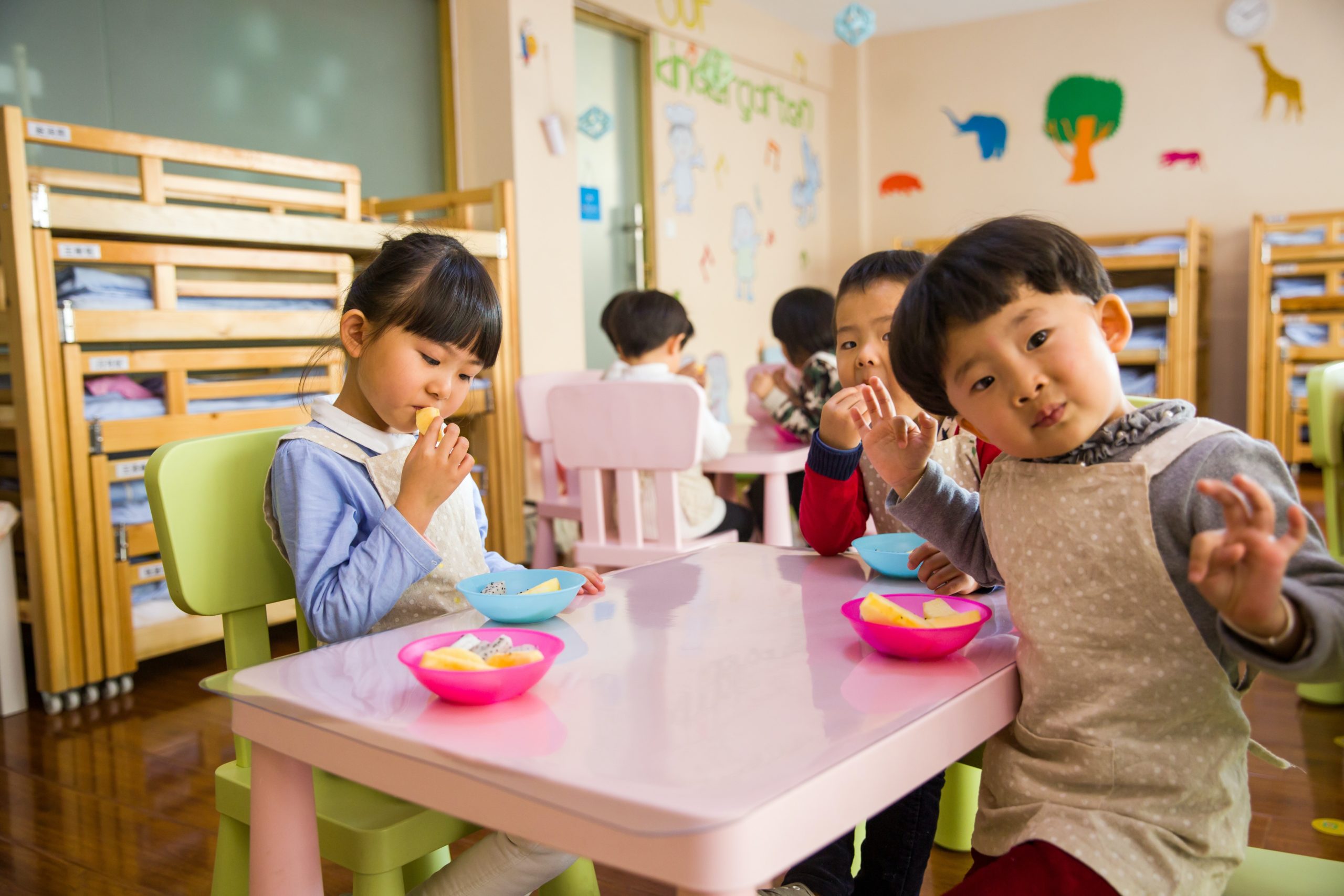Best Practices for Childcare through COVID-19
By: Kerry Regan
COVID-19 has caused a global pandemic, bringing the commonly overlooked childcare career into the headlines and news. Some childcare providers view this time as an opportunity to show the community, policymakers included, the vitality of their services – especially during a crisis.
This has put many childcare providers in a predicament: Should they close their doors on many families who are still in need of their services? What about childcare workers who rely on this income? Or should they remain open and risk putting both employees and children in danger of spreading the virus?
Acknowledging the Issue
According to the National Association for the Education of Young Children (NAEYC), programs around the country lost nearly 70% of their daily attendance in one week during the pandemic. Many parents made the difficult decision to keep their children home based on their ability to work from home and fear of the family catching the virus. For many childcare centers and in-home daycares, a temporary closure will mean a permanent one. A NAEYC survey has shown that one third shared these types of businesses would not be able to survive any type of closure and one third shared they would not be able to survive a closure of more than 2 weeks.
Some daycares are remaining open in order to provide care for essential workers including healthcare workers, emergency responders, hospital staff, janitors, and grocers. Childcare advocates are requesting the federal government provide emergency assistance to these childcare programs. Without additional resources and money, these daycares will fail in providing services to support essential workers and will be threatened to close permanently.
The federal economic stimulus bill that passed was able to provide $3.5 billion in grant funding for emergency workers’ care, however, advocates say at least $50 billion will be needed. This money would go toward providing necessary supplies that may now be hard to come by including food, milk, bleach, baby wipes, disinfectant spray, cleaning wipes, hand sanitizer, soap, and other protective gear. It would also cover medical care for providers and their families who fall sick.
Moving Forward
For now, most closure decisions have been left up to state leaders. Most states still have the option to remain open. The following states are required to close with the exception of providing emergency care: Alabama, Illinois, Kentucky, Maryland, Massachusetts, Ohio, Oregon, Pennsylvania, Vermont, West Virginia, and Wyoming. New Jersey and North Carolina are pending these closures. Rhode Island is the only state that has closed with all childcare licenses being suspended until April 4. After this date, the state will evaluate childcare status on a week to week basis. For more information regarding state mandates, please check http://www.hunt-institute.org/covid-19-resources/state-child-care-actions-covid-19/.
Best Tips For Remaining Open
Since childcare work is very hands-on and social distancing seems nearly impossible with young children, here are some tips for programs that have remained open:
- Wash hands often. This is a great time to work on teaching children the proper hand washing routine. Hands should be washed for at least 20 seconds, covering the entire surface with soap and water.
- Provide hand sanitizer in multiple “stations” around the environment. Hand sanitizer should have at least 60% alcohol. Check expiration dates- expired hand sanitizer will no longer be considered effective.
- Refrain from touching your face.
- Cover your mouth and nose with a tissue if you sneeze or cough. If you don’t have a tissue, sneeze or cough into your elbow and not your hands. Model this for children and teach them to do the same. Tissues should also be available throughout the room. No-touch trash cans are recommended.
- Regularly clean surfaces and objects that the children touch as required by licensing regulations. Collect things that children have put in their mouth in a “dirty” bin to be properly disinfected.
- Classrooms should have no more than 10 people in them. Children should not change from one class to another.
- Be very clear with parents and employees on the illness policy. Any person with a fever should stay home.
- Avoid contact with people who are sick. If a child is showing signs of illness, immediately separate them from the other children until they are able to be picked up.
- Face masks are not required, however, both face masks and gloves should be optional for anyone who would feel more comfortable with wearing them.














